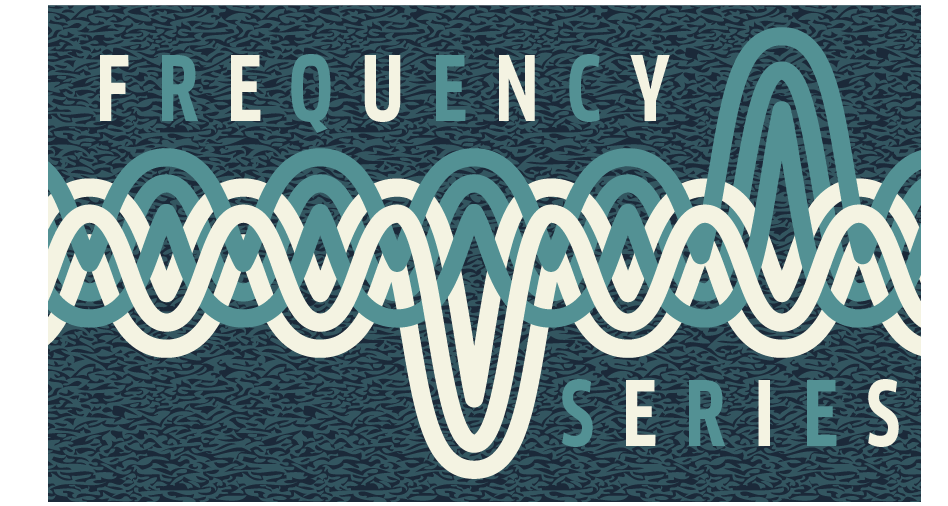Ryley Walker makes Dave Matthews good for the first time
Ryley Walker (photo: Evan Jenkins)
A couple of weeks ago one of my former colleagues at the Chicago Reader wrote a concert preview of Ryley Walker in which he celebrated the fact that post-Grateful Dead music was no longer anathema to "punks and freaks." The writer, Luca Cimarusti, focused on the social stigma of digging that music, and while there has unquestionably been an element of smugness in dismissing jam band music, he completely bypasses the most obvious reason that shit has long been frowned upon--musically, it sucks. The piece focused on the recent release of Walker's unexpected album The Lillywhite Sessions (Dead Oceans), a back-to-front reimagining of a spiked but heavily bootlegged recording the Dave Matthews Band made with producer Steve Lillywhite during 1999-2000.
I've never heard the Matthews album. I mean, why would I? And after listening to Walker's version repeatedly in recent months I have no doubt that the original would be vastly inferior because Matthews is an annoying, soulless singer and his band possesses the grit of Jell-o. Although it pains me a bit, there's certainly a chance that Cimarusti is correct that Walker is "riding the Dave train." Still, I'd prefer to see this as a brilliant piss take. On the other hand, earlier this year Walker made a quickie album as Crazy Bread with Good Willsmith keyboardist Max Allison called Vocoder Divorce (Astral Spirits) which sure sounds like a jam band take on experimental music to me, containing the sort of shapeless noodling that Walker has vigorously eschewed when he leads his own crack band. Walker released his best album yet in 2018 with Deafman Glance, so I wasn't anticipating a follow-up just months later, because even though he didn't write the material, his fingerprints are all over the music--it sure doesn't sound like a lark to me.
Walker and Matthews have met and have publically formed a mutual admiration society. In November Walker told Billboard, "I made this record for Dave fans. It wasn't born out of irony. It's a loving tribute. Everyone who played on the record grew up in the suburbs and were big Daveheads. [He's] part of the pop zeitgeist." Knowing Walker, that last phrase sounds like one of his excellent tweaks, but who knows? Last month Matthews posted on Facebook: "The first time I heard Ryley's cover of the Lilywhite Sessions, I was in a record store. I didn't recognize it. Then I heard the words... It's much more than a cover record. It's all its own. A beautiful new collection. A tipped hat, maybe. It stands alone. If you didn't know what inspired it, it wouldn't matter. It's all Ryley Walker and it's badass. Now I have everything he's released."
The music was made with a stripped-down quartet, with the leader as sole guitarist. He's joined by frequent rhythm section members, bassist Andrew Scott Young and drummer Ryan Jewell, as well as saxophonist Nick Mazzarella--percussionist Quin Kirchner, vibist Rick Embach, and producer John Hughes, adding synthesizer and vocals, all contribute additional layers. Many of the songs here cleave to a lean, rhythmically brisk attach that frequently reminds me of the Sea and Cake, and in particular Walker's mentholated vocals often recall the sleek cool of Sam Prekop. On the other hand, certain tunes embrace a darker, more introspective vibe, such as "Grey Street," where Walker's singing has never been stronger or more inventive; he's subdued, shading the brooding melody with well-place vibrato, electronic enhancements, and a jazzy shimmer, and then Mazzarella drops an alto solo that wouldn't sound entirely out of place on a Gerry Rafferty song, although he does eventually burrow deep into snake charmer fury. That's followed by the driving "Diggin' a Ditch," which you can check out below, summons a kind of strummy 80s new wave grandeur, albeit one with sinew and bone, and another commanding vocal turn.
There is a jammy feel to the mostly instrumental "Sweet Up and Down," with its funky backbone, loose back-and-forth between Mazzarella and Walker, and a concluding group chant that takes on a kind of Godspellian absurdity, and it crops up in the epic "JTR," which toggles between crisp yet moody skittering guitar pop and white-boy head bob, with a very garrulous Mazzarella, until it all retreats in momentarily silence and returns with seven minutes of spacey, exploratory free improvisation. On the rippling ballad "Big Fish Eye" Walker dares to tango with the trademark upward falsetto swoop of Matthews, casually demonstrating why he's a much better vocalist--making the gesture feel natural rather than like a tic. "Grace is Gone" veers into beautiful British folk territory, while the humid "Captain" plays gorgeously with tension, an aerated, quietly strolling ballad that uses dynamics to pack a serious wallop. It's a knockout that only reinforces Walker's versatility and imagination. His steep development over the years now feels less like an upward arc than a modus operandi--he's not going to settle into any single bag, and tracing his wending path seems almost as satisfying as what he leaves behind with each stop.
Today's playlist:
Gruppo Di Improvvisazione Nuova Consonanza, Gruppo Di Improvvisazione Nuova Consonanza (Schema/RCA)
Slow is Possible, Moonwatchers (Clean Feed)
Frances-Marie Uitti/Münchener Kammerorchester/Christoph Poppen, Giacinto Scelsi: Natura Renovatur (ECM)
Timber Timbre, Timber Timbre (Arts & Crafts)
Jan Johansson & Arne Domnérus, Younger Than Springtime 1959-61 (Dragon)




